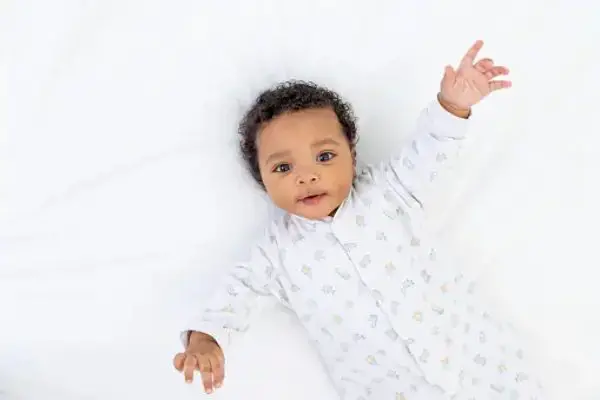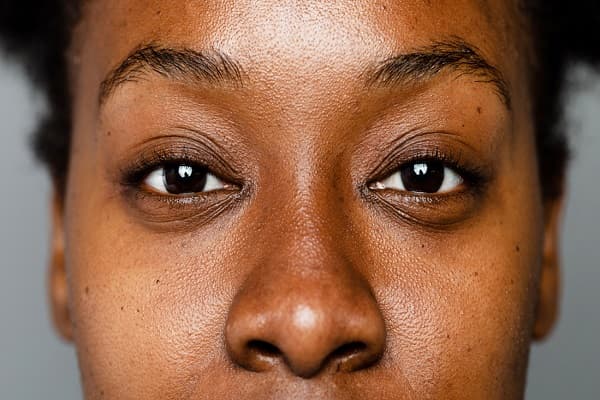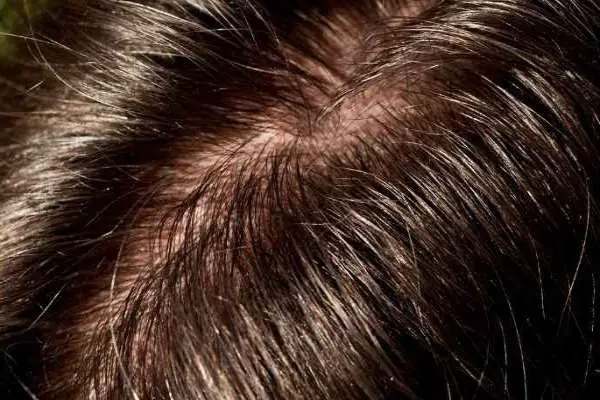Baby Skin Care For Children Of 0 to 36 Months
Is there anything more perfect than your baby’s skin? You can’t resist touching her and caressing her. Do not stop! Your baby loves it as much as you do. Protecting delicate skin is another important task for a parent. Here’s what you need to know and do to care for your baby’s skin.
Baby’s skin
Your baby’s skin is soft and smooth and, at the same time, resistant and elastic. The skin is the largest organ in the human body; It is a group of cells that group together to form a thin but resistant barrier. The skin is constantly renewed throughout life, a process that begins even before birth.

However, many times at first a newborn’s skin is not perfect at all. Don’t be alarmed if you find large areas of peeling, redness, or flaking in the first few days after birth. The areas of the wrists, knees and feet may bleed as they adapt to exposure to the air.
All this is normal. Use a mild ointment to help lubricate and heal bleeding or cracked skin. Very soon your baby’s skin will recover and become smoother.
Hydrating creams
To keep your child’s skin healthy, you need to preserve its natural softness and resistance. Even if your baby’s skin is not peeling, rest assured that he or she will benefit from using moisturizing creams.
You can buy unscented products with ingredients like mineral oil or petrolatum. The moisturizing cream that you apply daily to your baby should not contain substances such as alpha-hydroxy acids or sunblocks.
In fact, it’s a great idea to use the same moisturizer that you apply to your body, because you and the baby are always in contact anyway. Whatever your decision, stick to it, so that your baby’s skin doesn’t have to adapt again to different combinations of ingredients in different products.
The sun and your baby
All babies should be kept out of direct sunlight. A baby can get sunburned in a very short period of time, 10 to 15 minutes, even on cloudy days.
The first barrier of defense should be clothing. On hot days, dress your baby in thin cotton clothing that covers his arms and legs. Make sure you put a sun hat on her every time she goes out. Try to avoid going out when the sun’s rays are strongest, that is, between 10 in the morning and 3 in the afternoon.
Recently, the American Academy of Pediatrics changed its position on babies and sunscreens. Some time ago, he recommended not using sunscreen on babies under 6 months old.
However, he now points out that there is no evidence that there are risks if you apply small amounts of sunscreen to a young baby. However, do not use sunscreen as a substitute for protective clothing. Use it to cover your baby’s exposed face, hands and feet.
Nail care
The child’s nails are very thin, sharp and grow surprisingly quickly! You may need to cut them very often, up to twice a week. This is very important, since newborns can scratch their faces with their own nails.
To cut them, use a soft file, nail clippers, or special baby nail clippers. You may find it easier to do this task when your baby is sleeping. To avoid cutting the skin on your fingertips while cutting the nail, hold your finger firmly and push the skin back.
Don’t be alarmed if a little blood comes out (this will happen at least once, despite all your efforts). To stop the bleeding, simply apply a little pressure.
Toenails grow much slower and are generally softer. It is not necessary to keep them as short as the hand ones; It is enough to cut them once or twice a month. Although it may appear that the child has an ingrown toenail, this almost never happens. Call your pediatrician if the skin around your toenails becomes red, swollen, or hard.
Your baby’s clothes
Dress your newborn baby in one more layer of clothing than what you are wearing to keep him/her comfortable and warm. For newborns this means a t-shirt, diaper, pajamas and a blanket, except in the hottest months.
When the temperature exceeds 22-23ºC, you can reduce this to a single layer of clothing. Touch your baby’s skin frequently to see if he or she is uncomfortable. If the skin is hot and sweaty, remove one.
If your baby is premature or has low body fat, he won’t be able to regulate his body temperature very well and may need more layers of clothing to stay warm. Newborns who have little hair may need a cap, especially at night.
Your baby’s skin may be sensitive to chemicals found in new clothes and to soap and detergent residue left after washing.
Read Also: How To Take Care Of Oily Skin – Tips To Check Out
To avoid problems:
- Wash all new clothes and bedding before your child uses them.
- For the first few months, wash your baby’s clothes separately.
- Use a mild detergent and rinse twice.


![How to Remove Keratin from Hair [Effective Guide] 4 How to Remove Keratin from Hair [Effective Guide]](https://naijaxtremefashion.com/wp-content/uploads/2024/01/how-to-remove-keratin-from-hair_1.jpg)



